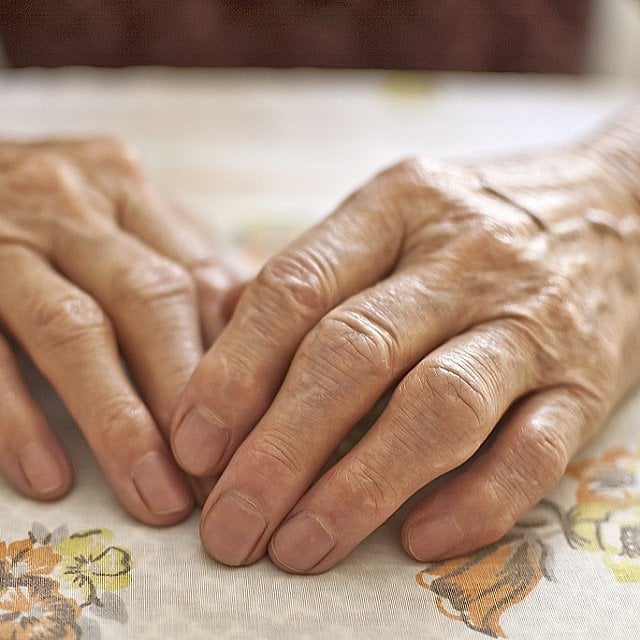The Disadvantaged Retirement Sector: Women

What You Need to Know
Women often earn less.
They often live longer.
They may not ever think to talk to someone like you.
For several years our family worked as volunteers for the food bank. The food bank supplied those in need with weekly baskets of food and other necessities of life.
We have many fond memories of that time.
Over the years, we realized that a change was taking place: Many people (especially women) who had volunteered morphed into those who needed help and the food baskets.
What happened?
One reason was obvious: Remove half of the income, and things changed.
In most cases, a spouse had died.
A Teacher’s Story
One woman, in particular, was a retired teacher. Her husband was also a retired teacher. Life was fine when they had their pensions and Social Security.
The retired teacher and her husband raised children and helped their church and their community.
Things changed when her husband died. I remember the day she came in for food; she was in tears and needed friends.
Of course, everyone helped, but the humiliation of that event shook her and the rest of us.
How could this have happened?
The retired teacher and her husband had been retired for about 18 years.
Initially, their retirement was more than enough, but inflation, tax increases, and covering for medical expenses left over from a lowering of medical reimbursements all took a toll.
Millions of women just like that woman are in need and living in the shadows.
Consider what retirement should be: to live well and with comfort.
How many have seen their dream of the Golden Years turn dark?
The Income
Women, in general, make less money before they turn 65. That translates into them having less money to put aside for retirement and contributing less to Social Security.
And women typically live longer than men, which means that they often must make their retirement income last longer.
A report from the National Institute on Retirement Security gives shocking data on the effects of those differences.
Average income is 25% lower for women ages 65 and older than for men in that age category, and 44% lower for women than for men by age 78.
At age 65, women are 80% more likely to face poverty than men are.
When women are ages 75 through 79, they are three times more likely to fall below the poverty line.






